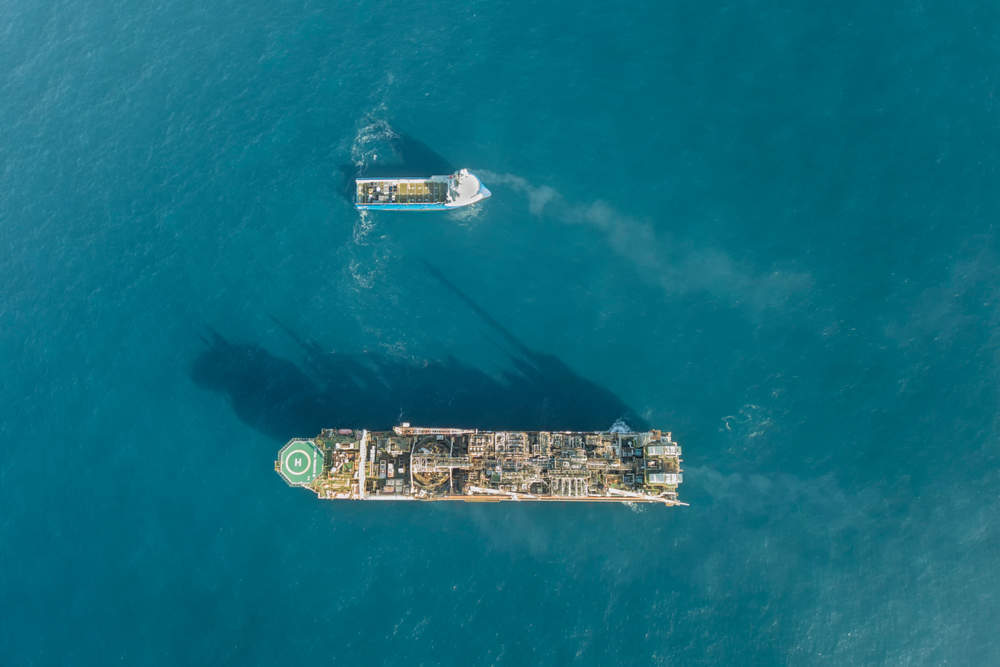
Hundreds of oil tankers traverse the open seas each day carrying millions of barrels to be sold for hundreds of millions of dollars.
These tankers – vast in size – are expected to trade these barrels once at port, and verify the ownership of the crude before any deal is struck.
However, with the industry – in some departments – still operating via traditional means and methods, this verification can only be concluded with a bill of lading. This document is paper-based and verifies the ownership of the assets, in the case this bill is not presented, no buying or selling can take place.
Many industries want to use new technologies to improve efficiency.
The traditional method of verification has got some of the biggest producers and traders up in arms, seeking its abolishment, due to the time costly processes involved when verifying all the records and transactions.
Blockchain to the rescue?
The industry is looking to use blockchain, the shared online ledger technology that verifies cryptocurrency transactions, such as bitcoin.
How well do you really know your competitors?
Access the most comprehensive Company Profiles on the market, powered by GlobalData. Save hours of research. Gain competitive edge.

Thank you!
Your download email will arrive shortly
Not ready to buy yet? Download a free sample
We are confident about the unique quality of our Company Profiles. However, we want you to make the most beneficial decision for your business, so we offer a free sample that you can download by submitting the below form
By GlobalDataBlockchain is a digital ledger that records transactions that are verified by those that host that ledger as they are added — creating a independently trusted source.
This ledger is a decentralised database, meaning records of transactions are available for public viewing at all times.
Transactions are recorded at regular intervals and are self-verified, every interval is a collection of transactions, which is referred to as a block, and this technology emulates a series of chain-like structures representing permanently authenticated transactions.
Alistair Cross, head of operations for oil trader Mercuria Energy Group, has said:
The way we do our title transfers and post trade execution is very heavy on paperwork … the paperwork hasn’t really evolved over the last couple of hundred years.
The transactions made through blockchain are recorded via robust encryption and shared for all the users of that network to see.
Oil traders already store their own data though digital technologies, however, an online shared ledger that continuously verifies itself will means buyers and seller will be working from the same document, avoiding a lot of time-consuming process of back and forth.
Tanker tracking via blockchain
Companies including oil producers BP, Royal Dutch Shell, Statoil, traders Gunvor Group, Mercuria and Koch Supply & Trading, lenders ING Groep NV, ABN Amro Bank NV and Societe Generale SA have formed a group create a blockchain platform for physical oil trades.
The association of organisations has tested a new system that tracked the sale of a tanker of crude that was sold three times prior to shipment to China National Chemical, with verification of the transactions taking only 25 minutes, opposed to the lengthy norm of three hours, according to Mercuria.





Related Company Profiles
China National Chemical Corp
ING Group NV
BP Plc
Societe Generale SA
Shell plc